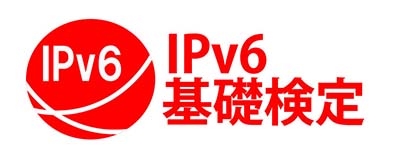2-25 単純なHTTPクライアント
#include <stdio.h>
#include <string.h>
#include <unistd.h>
#include <sys/types.h>
#include <sys/socket.h>
#include <netinet/in.h>
#include <arpa/inet.h>
#include <netdb.h>
#include <errno.h>
int
main(int argc, char *argv[])
{
int err;
int sock;
char buf[32];
char *deststr;
struct addrinfo hints, *res0, *res;
int n;
if (argc != 2) {
printf("Usage : %s dest\n", argv[0]);
return 1;
}
deststr = argv[1];
memset(&hints, 0, sizeof(hints));
hints.ai_socktype = SOCK_STREAM;
hints.ai_family = PF_UNSPEC;
if ((err = getaddrinfo(deststr, "http", &hints, &res0)) != 0) {
printf("ERROR : %s\n", gai_strerror(errno));
return 1;
}
for (res=res0; res!=NULL; res=res->ai_next) {
printf("%d\n", res->ai_family);
sock = socket(res->ai_family, res->ai_socktype, res->ai_protocol);
if (sock < 0) {
continue;
}
if (connect(sock, res->ai_addr, res->ai_addrlen) != 0) {
close(sock);
continue;
}
break;
}
freeaddrinfo(res0);
if (res == NULL) {
/* 有効な接続ができなかった */
fprintf(stderr, "failed\\n");
return 1;
}
/* HTTPで「/」をリクエストする文字列を生成 */
snprintf(buf, sizeof(buf), "GET / HTTP/1.0\r\n\r\n");
/* HTTPリクエスト送信 */
n = write(sock, buf, (int)strlen(buf));
if (n < 0) {
perror("write");
return 1;
}
/* サーバからのHTTPメッセージ受信 */
while (n > 0) {
n = read(sock, buf, sizeof(buf));
if (n < 0) {
perror("read");
return 1;
}
/* 受信結果を標準出力へ表示(ファイルディスクリプタ1は標準出力) */
write(fileno(stdout), buf, n);
}
close(sock);
return 0;
}
拙著「Linuxネットワークプログラミング」の紹介
